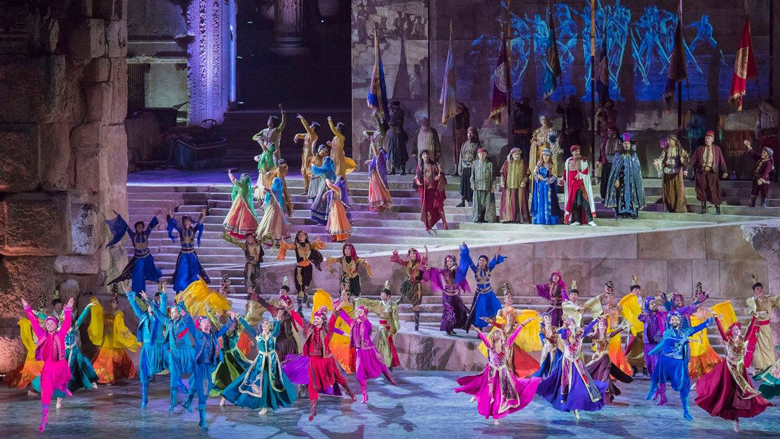This summer, Baalbeck, a town in Lebanon’s Bekaa Valley, will host the Baalbeck International Festival, a cultural tradition that started 60 years ago, in the magnificent Bacchus temple at the site of the ancient Roman city of Heliopolis. The Bacchus temple, among the greatest achievements of roman architecture, was conserved as part of a project that supported cultural heritage and urban development in key secondary cities in Lebanon.
Since 2003, the World Bank Group, in partnership with the Government of Lebanon, the Government of Italy and the Agence Française de Développement have been jointly supporting such ambitious program, focused on five historic cities: Baalbeck, Byblos, Saida, Tripoli and Tyre.
Densely populated neighborhoods in these historic cities, dotted with world-class heritage assets, have been successfully regenerated and rehabilitated offering communities the opportunities to develop the local economy and generate employment, especially among youth and women. The project has made substantive contributions to infrastructure and basic services, as well as institutional reforms leading to enhanced management of sites, which leveraged their economic potential.
Private sector has played a key role over the years. For instance, in Byblos, for each dollar invested through the project, 7 dollars of private investment have been secured, all in locally owned small and medium enterprises.
Promoting engagement at the local level has meant leveraging local expertise, while also sharing best practices from the international community.
“The World Bank Group collaborated closely with UNESCO in Lebanon, helping local authorities improve conservation and management of cultural assets, and fully explore the potential of cultural heritage as a force for social inclusion and economic development in local communities,” says Ede Jorge Ijjasz-Vasquez, GSURR Senior Director.
Results in terms of improved service delivery, local economic development and social cohesion are significant. The regeneration of the historic cities throughout the country have contributed to safer downtowns, enriched with new commercial activities such as boutique hotels. A new legislation focused on modernizing heritage management will allow cultural assets to become engines of local economic development.
“Cultural heritage keeps alive people's and nations' memory. Lebanon is rich by its culture and by the depth of its civilization. This project contributes to preserving that heritage through renewing infrastructure, opening ways to creative business opportunities and helping grow the economy,” said Ferid Belhaj, Country Director for the Middle East.
Implementation has been supported by a wide network of staff, structured in a Knowledge Silo Breaker on Culture, Heritage and Sustainable Tourism, one of the new tools rolled out by senior management to promote knowledge and exchange of good practices across the World Bank Group.
If you want to join it and access all the knowledge materials available to the public, please register on our Collaboration for Development platform and then join the group Culture, Heritage and Sustainable Tourism.

